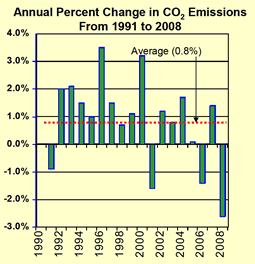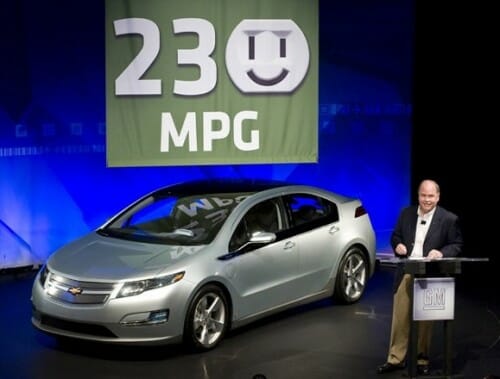If you want to really confuse someone, restate the minimum wage laws this way:
It is generally illegal in the US to accept a job for less than $7.25 an hour. The minimum wage laws are therefore a substantial constraint on individual liberties
When I say this to most folks, they get confused because laws like minimum wages are usually stated in terms of empowerment of the common man. The theory is that individuals don't have enough bargaining power to really get what the true clearing price should be for their labor, so the government steps in to prevent evil corporations (ie "the man") from exploiting this power imbalance and paying wages that are too low.
Tell that to my 15-year-old son who is looking for a job. Sure, he would like to earn some good cash, but the wage scale of a job is way down the list of priorities. What he really needs is a chance to build basic work skills and knowledge of how organizations function that you and I take for granted. Further, he would like to get some direct experience with customer contact. And finally, he wants to demonstrate to future college choices that he can function successfully in a work environment, and that he is motivated enough to keep and hold a job.
As a result, my son would likely gladly take the right job for, say, $3 an hour. And an employer might jump at this deal, understanding the lower wage helps compensate for the costs of dealing with an inexperienced new employee and the risk of hiring a teenaged boy with distracting amounts of hormones running through his system. This would be a perfectly rational, consensual, everybody-wins arrangement that is absolutely illegal. So don't tell me or my family that minimum wage laws are empowering.
The health care analog
Many very similar liberty-reducing regulations exist in the health care world, and more appear to be on the way. One great example that is entirely similar to the minimum wage issue is minimum coverage rules. Many states have lengthy lists of conditions that must be covered in any health insurance plan sold in that state. From acupuncture to mental health to massages to homeopathic treatments, you can find just about every care specialty with a lobbying organization getting its services embodied in state laws as minimum requirements.
Again, supporters of such laws argue that this is empowering for consumers. Every health care plan you can buy will have a wide array of covered services. But, they will also all be expensive. What if I don't want mental health coverage or acupuncture? Why do I have to pay extra for this stuff to be covered by my policy? I go to the doctor very, very infrequently - basically only if the condition is critical - so why is it illegal to purchase a health insurance plan that matches my health care use preferences?
Currently I pay for my own health care plan and have insurance that I consider true insurance. It has a high deductible, and does not cover a bunch of non-critical stuff. I have no dental coverage, and pay dental all out of pocket, as I do most routine medical expenses I have medical insurance solely to cover catastrophic medical events that would likely be financially disastrous for me (I do the same thing with my house and car, paying for routine maintenance with insurance reserved for catastrophes). Fortunately, Arizona allows me to buy such a policy, though it does have minimum coverage rules that make the policy more expensive than it might be. In other states, like Massachusetts, my health plan with a high deductible is illegal. It would also be illegal under the current House and Senate versions of Obamacare.
Medical Insurance and Windshields
I do a lot of back road and highway driving, so windshield repair and replacement are things I deal with fairly frequently. I've generally always just paid for these repairs out of pocket. It is a field where if one shops around, there are a lot of good deals. However, for a while I lived in a state that had a law that said all auto insurance must have windshield replacement coverage.
The effect on my behavior was dramatic. When living there, I didn't even think about shopping around for a windshield repair. I just had the dealer do it (surely the high cost supplier) when I had the car in for regular service. I didn't care what the cost was, it was covered in my policy. (Ironically, it turns out in retrospect that I should have shopped around -- because no one else in the sate cared about cost, all the windshield suppliers jacked up their prices and then competed by offering kickbacks in various forms to consumers, basically competing on how much of the insurance money they would share with the car owner. Truly dysfunctional).
I have seen the exact same change in my behavior, but in reverse, in switching to a high deductible medical policy. Until about 3 years ago, like most Americans, we never even thought about the cost of our medical care. We weren't paying for it. But now, as I pay most of our routine expenses, I am amazed at the difference. When my son needed a CT scan, three phone calls gave us a huge variation in quoted prices. It turns out, shopping works, even in medical care.
Postscript: I have always wondered why insurance companies didn't create some incentive for shopping. If I were running such a company, I would be tempted to tell customers - "our reimbursement rate for CT scans in your area is X. If you get it done for less than X, we will split the savings with you 50/50." Though I suppose the danger is tht this could morph into a variation of the windshield kickback system.










